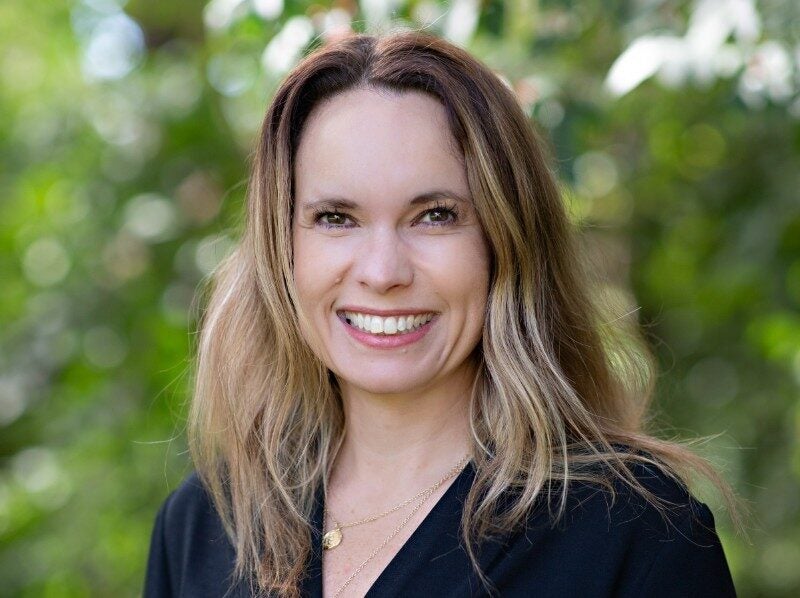Kelly Nagel has over fifteen years of experience in commercial real estate acquisitions, development, and operations. She most recently led the multifamily platform for a vertically integrated real estate private equity fund manager where she had portfolio responsibility for acquisitions, dispositions, financings, ground-up developments, redevelopment and asset and property management in multiple markets. Kelly has developed and managed multifamily and mixed-use projects and served as a portfolio manager for several national REITs. Prior to commercial real estate, she served as a program manager with the Defense Intelligence Agency. Kelly is passionate about parity, promoting diverse and underrepresented voices, clear communication, and loves to build high-performing teams. She is a global governing trustee of the Urban Land Institute (ULI), where she is also the immediate past chair of the Women’s Leadership Initiative. Kelly holds an MBA from Kenan-Flagler Business School at the University of North Carolina–Chapel Hill, and a BS in Business Administration & Accounting from Washington & Lee University. She lives in McLean VA with her three children.
Q: How did you end up working in commercial real estate?
I pivoted from consulting to commercial real estate while I was in graduate business school at the University of North Carolina – Chapel Hill (Kenan-Flagler). I was looking for a career that had more tangibility than consulting, but also allowed for a wide variety of projects, the ability to interact with many kinds of people, and an opportunity to manage projects (it turns out that managing a budget and a schedule are universally applicable skills). I lucked out that KFBS had an amazing commercial real estate legacy that fit the bill. I finished my MBA in 2008, which was maybe not ideal timing, but it was a great learning experience, and a lot of opportunity came from it.
Q: Can you name some ways you see yourself helping other women break into the industry?
I’ve spent my whole career being one of the only women in the room, but I’ve always seen it as a competitive advantage rather than a handicap. I’ve also been fortunate to have a wonderful support network of mentors and colleagues (men and women) who are rooting my success throughout my career.
I was an early member of the Women’s Leadership Initiative (WLI) at the Urban Land Institute (ULI). WLI exists to promote the advancement, visibility, and number of women in leadership positions within the commercial real estate industry. We’ve made tremendous progress in the 10 years since our inception, but there’s still more room for improvement, and there’s lots of other kinds of diversity needed in the industry beyond gender.
I also sit on advisory boards for both my alma maters, Washington and Lee University and the Wood Center for Real Estate Studies at Kenan-Flagler. I work with those institutions to bring more women and underrepresented groups into the programs, and to make those students feel welcome and included, and to be the beginning of their professional networks.
I’ve loved having the opportunity to teach this semester at Georgetown. From my work at W&L and UNC, I know very few women teach commercial real estate. It’s a privilege to be able to be with the students in a classroom setting, and to bring in my accomplished friends and colleagues as speakers (who also happen to be women!).
I’ll continue to be a mentor to those I encounter and pay forward the kindness that my mentors showed me as a young professional. Our industry is a complicated and wonderful ecosystem of relationships. I’m fortunate to have people older than me, younger than me, and peers in my network, and I hope to help others make connections and build their relationships, as well.
Q: How are you approaching your professional future?
After spending many years working for large publicly traded companies, I’ve now started my own entrepreneurial venture. I’m applying the same skills I used at public REITS managing multifamily investments and portfolios in an entrepreneurial way. Starting a business from scratch is very different from running an existing business, but it’s been a ton of fun so far (even with the craziness we’ve seen in interest rates over the last 12 months), and I’m just taking it day by day, and learning as much as I can.
